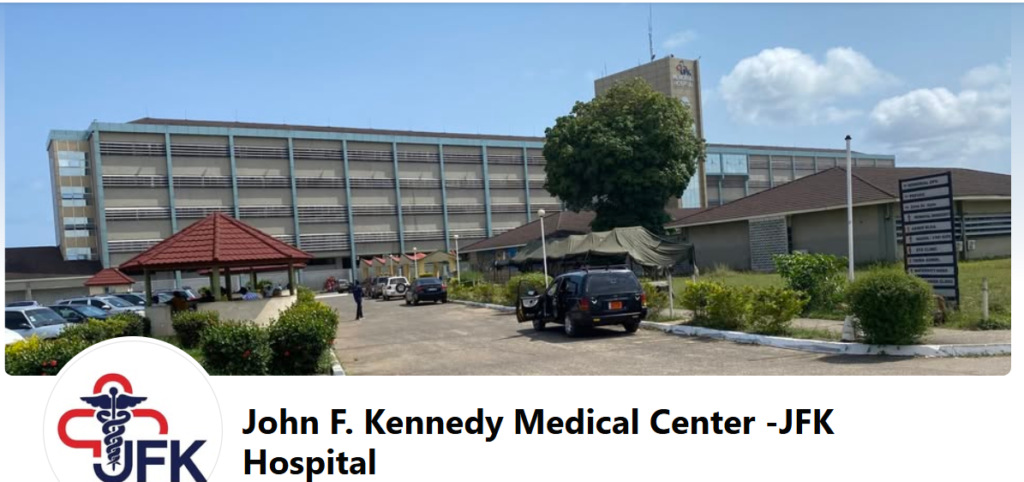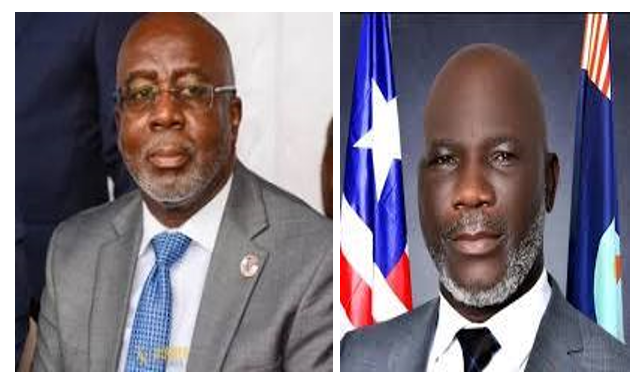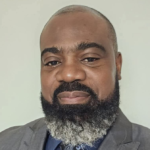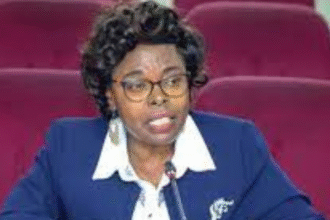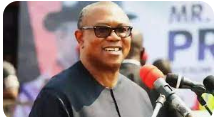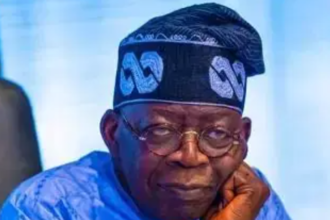MONROVIA, Liberia – Liberia’s legislative branch is in a state of paralysis as rival factions led by embattled Speaker Jonathan Fonati Koffa and opposition majority group Speaker Richard Koon engage in an increasingly bitter and seemingly insatiable quest for the speakership. The ongoing deadlock, now entering its seven plus months, has brought legislative business to a grinding halt, raising serious concerns about the stability of governance and the ability of the legislature to address pressing national issues.
The speakership battle emerged following a majority group of lawmakers’ decision to remove Koffa from office in what the Supreme Court of Liberia ruled as “unconstitutional process” in removing a speaker from office, after labeling several allegations of wrongdoing against the embattled speaker.
Koffa and Koon have both positioned themselves as viable candidates, each claiming to command the necessary support from their fellow lawmakers. However, neither has been able to secure the absolute majority required to clinch the position authoritatively.
The political maneuvering has been intense, with reports of behind-the-scenes deals, alliances shifting, and accusations of bribery and intimidation swirling around the legislature. The inability to have an acceptable speaker all the majority has effectively frozen all legislative proceedings, preventing the legal passage of crucial bills, and oversight of the executive branch.
“This is a deeply concerning situation,” said global political analyst Dr. Amelia Johnson. “The legislature is the bedrock of any democracy, and its inability to function effectively undermines the entire system. Liberians are facing critical challenges as a nation, and they need a functioning legislature to address them.”
Civil society organizations have also voiced their alarm, urging lawmakers to put aside their personal ambitions and prioritize the needs of the country. In a joint statement, several organizations called on Koffa and Koon, both of whom hailed from the south-eastern region of Liberia and the Kru ethnic group, to engage in good-faith dialogue and find a solution that would allow the legislature to resume its essential functions.
“The people of Liberia deserve a functional government that is responsive to their needs,” the statement read. “This ongoing political infighting is a betrayal of the public trust and must end immediately.”
The standoff is not only affecting the legislature itself but also having a ripple effect on other branches of government. The executive branch, awaiting legislative approval for key and crucial pieces of legislation, is increasingly hampered in its ability to implement its policies.
Koon’s supporters argued that their leader has the majority on his side while Koffa’s supporters argued that the process must follow the ‘rule of law’ and legitimate legislative process for the removal to be acceptable.
As the speakership battle drags on, the stakes grow higher. The inability to resolve this impasse could further erode public confidence in the government and jeopardize Liberia’s progress towards stability and development. The pressure is mounting on Koffa and Koon to find a compromise and end this crippling impasse, lest the insatiable quest for power paralyze Liberia’s governance for the foreseeable future.
As the two men and their supporters vie for power and authority, healthcare institutions, including the leading referral hospital in the country -the John F. Kennedy Medical Center in Monrovia – are crumbling and lack the required necessities while schools and students in the country also lack the required interventions.
